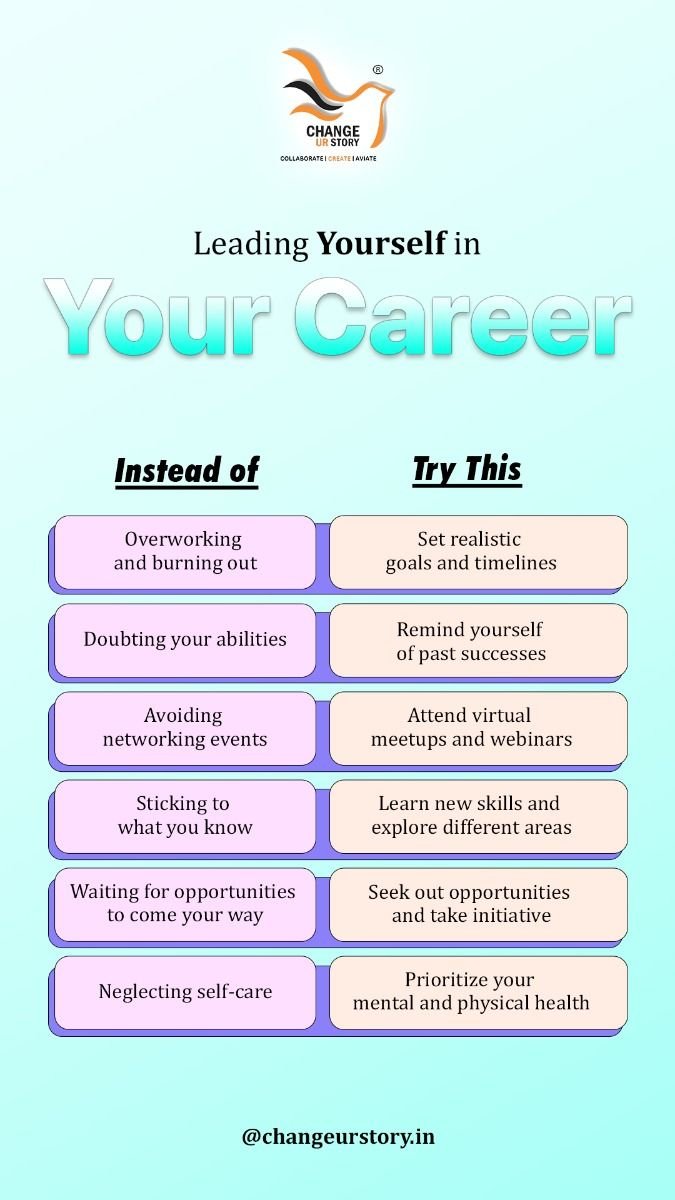As the job market evolves, staying informed about the latest career trends and strategies is essential for professional growth. From navigating the challenges of a rapidly changing workforce to capitalizing on new opportunities, understanding the key shifts in the professional landscape can help you achieve long-term success. In this article, SpeakYard brings you expert tips, the most current career trends, and inspiring success stories to guide you on your career journey.
1. Remote and Hybrid Work: The New Norm
The shift to remote and hybrid work models, accelerated by the pandemic, continues to shape careers in 2025. Businesses are embracing flexible work arrangements, and many employees now expect the ability to work from home or maintain a mix of office and remote hours. The growing preference for flexible work is forcing organizations to rethink their approach to workplace culture, communication, and productivity.
Why It’s Important: Remote and hybrid work models are creating more opportunities for employees to achieve better work-life balance and access job opportunities that were previously unavailable due to geographical constraints. This trend is also shifting the hiring process, with companies becoming more open to hiring global talent.
Career Tip: To thrive in a remote or hybrid work environment, focus on building strong communication skills and self-discipline. Make sure your home office setup is optimized for productivity and invest in tools that enhance virtual collaboration, like video conferencing software and project management apps.
2. Skills Development and Lifelong Learning: Staying Competitive
Continuous skills development is essential in today’s competitive job market. With industries evolving and new technologies emerging, professionals must be proactive in upskilling and reskilling to remain relevant. In-demand skills include data analysis, AI/ML (Artificial Intelligence/Machine Learning), digital marketing, and cybersecurity, among others.
Why It’s Important: The rapid pace of technological advancements means that traditional skills can quickly become obsolete. Upskilling through courses, certifications, and hands-on experience is crucial for career advancement and job security.
Career Tip: Identify areas in your industry that are likely to grow and invest in learning those skills. Online platforms like Coursera, LinkedIn Learning, and edX offer a wide range of affordable courses that can help you stay ahead of the curve.
3. Diversity and Inclusion: Building an Equitable Workforce
Diversity and inclusion (D&I) are becoming top priorities for organizations across industries. Companies that prioritize a diverse and inclusive workplace not only benefit from improved employee engagement and morale but also gain a competitive advantage by fostering innovation and creativity.
Why It’s Important: Diverse teams bring different perspectives, which lead to better problem-solving and more innovative solutions. In addition, businesses that embrace diversity tend to have better employee retention rates and are more attractive to job candidates.
Career Tip: When evaluating potential employers, look for companies with a demonstrated commitment to diversity and inclusion. For employees, actively seek out and engage with D&I initiatives within your organization to foster a more inclusive workplace culture.
4. The Gig Economy: Flexible Work and Entrepreneurial Opportunities
The gig economy continues to thrive as more people seek flexibility and control over their work schedules. Freelancing, contract work, and short-term projects allow professionals to earn income while balancing multiple interests. This trend has led to a rise in entrepreneurial ventures, as many people are leveraging platforms to offer their services to a global market.
Why It’s Important: The gig economy offers professionals the freedom to choose projects and clients that align with their skills and passions. For businesses, gig workers provide an agile and cost-effective solution to meet fluctuating demands.
Career Tip: To succeed in the gig economy, build a strong personal brand and develop a network of clients or collaborators. Platforms like Upwork, Fiverr, and Freelancer provide opportunities to find work, but building a solid portfolio and establishing trust are key to long-term success.
5. Networking in the Digital Age: Leveraging Social Media
Networking has evolved significantly with the rise of social media platforms like LinkedIn, Twitter, and Instagram. Professionals are now building connections, showcasing their skills, and finding job opportunities through digital channels. Online networking offers the advantage of connecting with industry leaders and potential employers across the globe, without the geographical limitations of traditional networking.
Why It’s Important: Building a strong online presence is essential for career growth, as employers increasingly rely on social media to discover talent. Networking online allows you to maintain relationships, access job opportunities, and stay informed about industry trends.
Career Tip: Optimize your LinkedIn profile to reflect your skills, achievements, and career aspirations. Engage with posts, share relevant content, and join industry groups to expand your professional network and increase your visibility.
6. Employee Well-being: Prioritizing Mental Health and Work-Life Balance
The focus on employee well-being has never been more pronounced. Companies are increasingly recognizing the importance of mental health and work-life balance in employee performance and job satisfaction. Offering flexible working hours, mental health days, and wellness programs is becoming a standard part of employee benefits packages.
Why It’s Important: A healthy workforce is a productive workforce. By supporting employees’ mental health, organizations can reduce burnout, improve engagement, and enhance overall productivity. Additionally, employees are more likely to stay with employers who prioritize well-being.
Career Tip: For employees, take advantage of well-being programs offered by your employer. Prioritize self-care and set boundaries to ensure a healthy work-life balance. Employers should continually assess and adapt their employee support programs to meet the evolving needs of their workforce.
7. Success Stories: Real-Life Examples of Career Growth
Success stories from professionals who have navigated challenges and achieved career milestones can provide valuable lessons. For example, a tech entrepreneur who started a company from scratch and scaled it successfully, or a marketing professional who transitioned into data analytics and secured leadership roles, offers a roadmap for others to follow.
Why It’s Important: Real-life success stories highlight the importance of perseverance, continuous learning, and adaptability. By understanding the strategies and decisions that led to success, aspiring professionals can apply those lessons to their own careers.
Career Tip: Reflect on success stories within your industry and identify the key traits that led to success. Use these stories as motivation and guidance for your own career path, whether you are transitioning industries or seeking to advance in your current field.
Conclusion
The future of work is rapidly evolving, and staying ahead of trends and continuously adapting is essential for career success. Remote work, lifelong learning, diversity and inclusion, and the gig economy are all playing significant roles in shaping the job market of 2025 and beyond. By staying informed, investing in personal development, and actively building connections, you can navigate these changes and achieve your professional goals.
SpeakYard will continue to bring you the latest insights and expert advice to help you succeed in today’s competitive and dynamic career environment. By focusing on skills development, leveraging digital platforms, and prioritizing well-being, you can position yourself for lasting success in your career.




